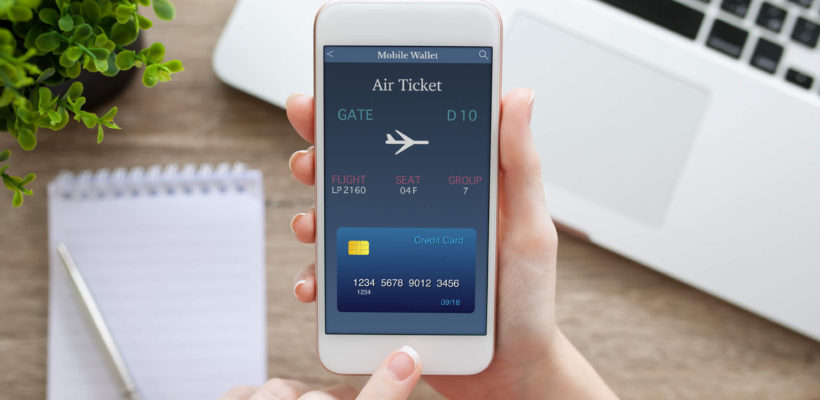
The abundance of iOS and Android mobile apps in app stores is a great advantage for users, but the sheer volume creates fierce competition. This makes it challenging for businesses to create mobile apps that drive success. Understanding the common causes of app failure can help avoid costly mistakes.
Poorly Researched Market and Audience
It’s easy to assume users will love your app, but can you prove it? Before development begins, it’s essential to have a deep understanding of your target audience. Audience research not only helps develop an app that addresses specific user needs but also shapes the messaging that will attract them.
An app can have multiple user groups. During the early planning stages, identify your main demographics and create detailed user personas — semi-fictional profiles of your ideal users. These should include demographics, behavior patterns, motivations, and goals. The more detailed they are, the better.
Inconsistent Business Plan
Planning is crucial for every business. When you decide to build a mobile app, create a business plan that includes:
-
A description of your business
-
Your target audience
-
Financial resources and funding sources
Also include:
-
The app’s purpose
-
Market analysis
-
Expected revenue
This plan serves as a guideline for the project manager and should only be changed when absolutely necessary. Constant changes can create confusion and slow progress.
Insufficient Market Research
Great ideas in theory don’t always translate into great apps in practice. The decision to launch should be research-driven. Ask yourself:
-
Is there a market opportunity?
-
Are you solving a specific problem?
-
How strong is the competition?
-
Will people actually use it?
-
Does it improve lives or offer something unique?
Without thorough market research, a defined audience, and well-planned features, you risk building something people don’t actually need.
Choosing the Wrong Platform
iOS and Android have different interface guidelines and appeal to different audiences. If your app doesn’t perform well across devices, networks, and operating systems, users will get frustrated. Decide on a platform by analyzing your target market and core user demographics.
If building for multiple platforms, consider their differences from the start. Apps that ignore platform-specific needs often cause user frustration — and with users deciding in under a minute whether to keep an app, that can be fatal.
Generally, iOS development is faster and less expensive, while Android offers more customization and flexibility.
Poor Quality Testing
Performance issues are a leading cause of negative app reviews. Many bugs are still discovered by end users after release, which damages reputation. While no app is entirely bug-free at launch, thorough testing reduces major issues.
Application testing should follow a clear, documented process to ensure the app is truly market-ready. A single crash can be enough to make users abandon it permanently.
Weak User Experience (UX)
An app must be intuitive. If users struggle with basic functions, they won’t stick around. Common UX issues include:
-
Slow performance or lag
-
Long registration processes
-
Long loading times
-
Hard-to-access features
Follow platform-specific UI/UX best practices to ensure familiarity and comfort for users. Design elements such as control sizes and gesture behaviors differ between platforms and should match user expectations.
Conclusion
An app’s performance depends on many factors, from competition to marketing budgets. However, poor research and poor execution are common reasons for failure. Success requires thorough market and audience research, adherence to platform-specific best practices, and rigorous quality assurance testing.
